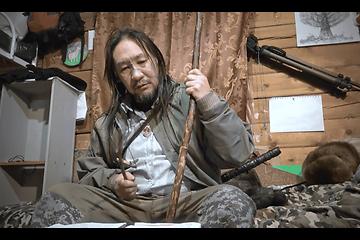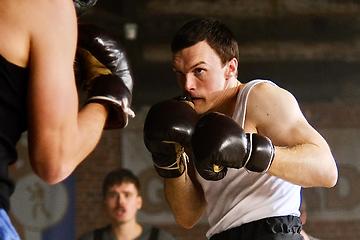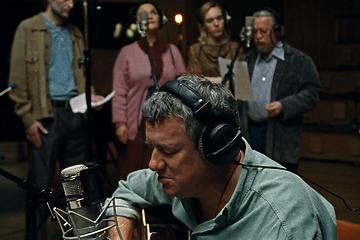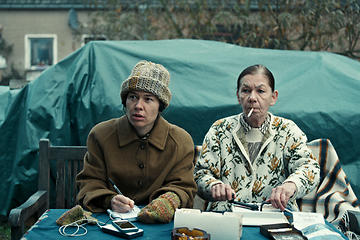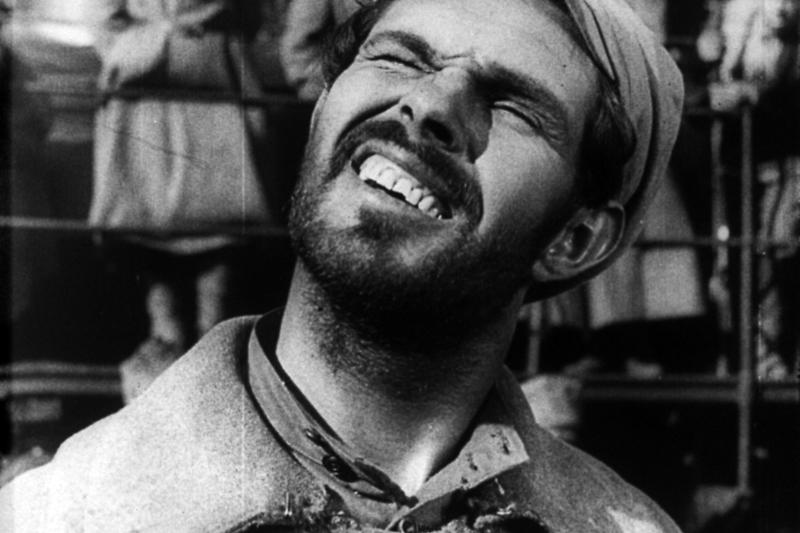
Arsenal
Arsenal
Trailer
The population leads an impoverished existence in the face of feudalism and military despotism, whilst a growing number of men perish in the trenches. Once the war is lost the calls for political and social change become louder. A coalition of major landowners, military and clergy support Ukrainian independence on condition that it respects existing ownership rights. This stance is resisted by the workers, who call on the Soviets to seize power, declare a strike and occupy the "Arsenal" munitions factory in Kiev; they are up against an all-powerful opponent.
The heroic portrayal of the workers' revolt exemplifies the eulogisation of the Soviet victory in the Russian Civil War. In a manner akin to Eisenstein, Dovzhenko generates montage effects by use of striking contrasts and symbolic imagery. At the same time his use of contrastive night-time shots alludes to a passion for German expressionism. The film features alongside a screening of the documentary OLEKSANDR DOVZHENKO: ODESKIY SVYTANOK/OLEKSANDR DOVZHENKO: ODESSA SUNRISE. WMH
DCP | s/w / b/w
Oleksandr Dovzhenko
Danylo Demutsky
Oleksandr Dovzhenko
Igor Belza
Semen Svashenko, Amvrosi Buchma, Dmitri Erdman, Sergey Petrov, Mykola Kuchinsky, Mykola Nademsky
National Film Archive - Oleksandr Dovzhenko National Centre
Vasylkivska str., 1
03040 Kiev
Ukraine
+38.44.20.16.54 3
o.prokopenko@dovzhenkocentre.org

Oleksandr Dovzhenko - born in 1849 in the Ukraine, passed away in 1965 in Russia. One of the most important early Soviet filmmakers. Prior to becoming a director he served as a soldier and worked as an assistant in Ukrainian embassies. The Dovzhenko Film Studios were named after him posthumously in honour of his life and accomplishments.
ZVENYHORA (1928)
ZEMLIYA (1930)
SHCHORS (1939)
MICHURIN (1948)

